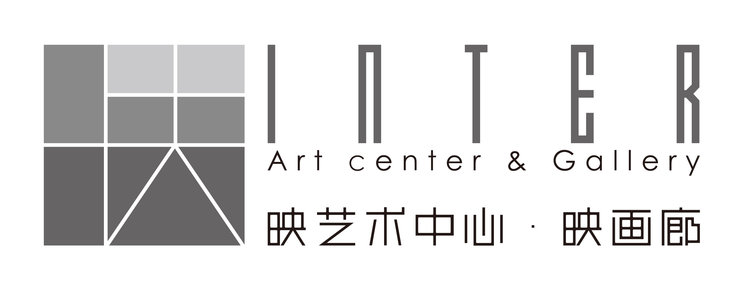Why Force the Post-1980 Generation?
Cui Ying
The tower of idealism had not yet fallen,
The world had not yet become dust,
When we were safely born.
In early summer 2016, Inter Art Center / Gallery will hold “Born in the 1980s.” The exhibition will present 50 portraits of young people born in the 1980s taken by Lu Beifeng around the year 2010. The majority of the subjects lived in Beijing and worked in a variety of professions.
The oldest of the subjects in these pictures are now approaching forty and the youngest are headed into their thirties. The people in these pictures are part of my generation; the generation born after 1980 once inspired as much controversy and even criticism as the generation born after 2000 does today, but now we have become players in society, so the critical voices have naturally turned their attention to the post-2000 generation, which has much less clout. The collective memory of a society can sometimes over-simplify a period in history, and our generation cannot shake off a word that is always appended to us: 1980s. Our parents’ generation remembers this time as if it had been Ren Shulin’s “Innocent in the 1980s.”
These pictures are like someone’s childhood memories, and the majority of people’s memories of their birth were written by their parents. As a result, words like these have become essential to our generation:“We didn’t have much back then,” “There was no pollution back then,” or “We didn’t worry that there was poison in our food…” All of these things, which have been filtered through so many different minds, are based on the 1980s, and they have structured our understanding of the world: our world is becoming worse.
The 1980s seemed to be our turning point. Our generation was born during this decade, but in my mind, the 1980s was our parents’ era. At that time, there seemed to be an obvious cause for everything in the world, but this was not the true nature of the world, and our education took too many things out of our heads. For the older generation, this period gave them a lot, but it also took a lot. By the time we were grown, the national machine was already unable to give us anything, and we were unconsciously pushed out because we had been overshadowed by our parents’ generation. Perhaps the tragedy could only exist in this vacuum; there is no one responsible for it and no one knows how to fill this void.
Lu Beifeng’s pictures are very naturally reminiscent of the large portraits by German photographer Thomas Ruff, but in contrast to Ruff’s “extreme neutrality,” the figures in Lu Beifeng’s works are almost completely still; they seem about to speak, but actually say nothing. Also in contrast to Ruff’s status as an artist, Lu Beifeng’s business card reads “Deputy Editor, Beijing Youth Weekly.” He still carries a camera, which now looks extremely heavy to the modern eye, and his working methods are more like that of a documentary photographer. He replied, “Photography is my way of life.”
Several years ago, an article circulated on the internet, and the gist was that the post-1980 generation appeared at China’s most awkward traditional period. This is actually the case. The 50 portraits in this exhibition show us their eyes in the moment the flash opened, but they also seem a bit tired. This might just be an amateur model’s natural reaction to the flash, but it is also the photographer’s conscious setting for the subject. In the last few decades, massive changes in society have suddenly pushed our generation onto a crowded and harshly-lit stage, and we have collectively lost the power to speak and act. Therefore, we see an angry advertising worker facing high housing prices, a youth wearing a Mao jacket and holding a Little Red Book, a smiling laborer holding hundred-yuan notes, and a young father with a serious expression holding his son. In my mind, my father will always be smiling in that picture of him holding me. Although his face was very thin, it seemed fuller because of the light of those years.
“Once upon a time there was a little boy. He lived in the most unjust country in the world. Which was ruled by creatures who by all human accounts should be considered degenerates. Which never happened.” This passage was not describing China; it was written by Russian-American author Joseph Brodsky near the end of his 1970s essay “Less than One” about his childhood in the Soviet Union. I raise this here because the fall of that red empire happened when we were young. The history of the world always has a dramatic synchronicity, and systems that have lost their functions still work in similar ways. Hopefully, through these pictures viewers can see the confusion of our generation, but we also hope that those outside of the post-1980 generation will understand that every generation in this country has to work similarly hard in pursuing a better country where people’s voices could be freely expressed.
To end this preface, even as we are preparing to embark upon this exhibition experience, I wanted to draw everyone’s attention to something French scholar Gilles Deleuze once wrote: “Herein, per-haps, lies the secret: to bring into existence and not to judge. If it is so disgusting to judge, it is not because everything is of equal value, but on the contrary because what has value can be made or distinguished only by defying judgment. What expert judgment, in art, could ever bear on the work to come?”
